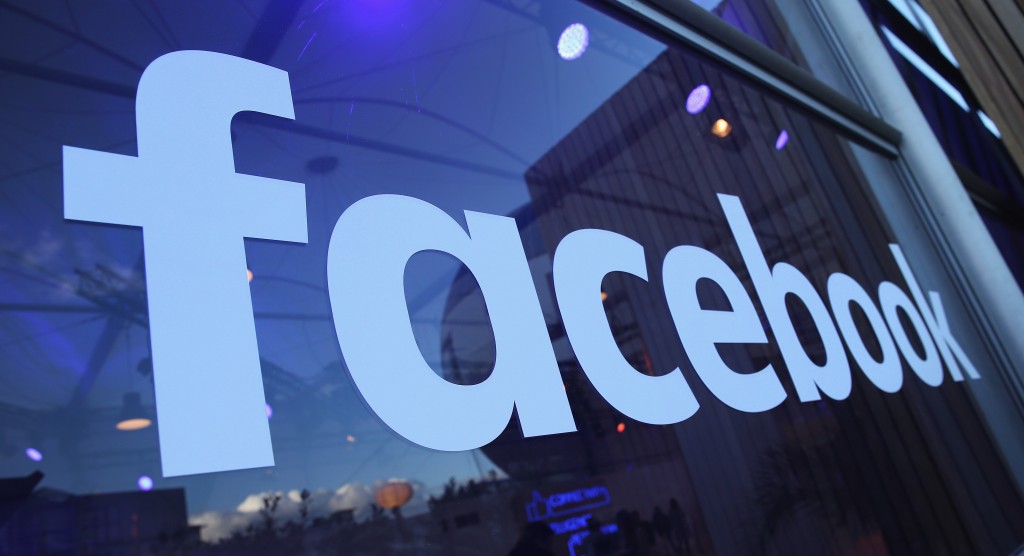Good Morning. For better or worse, Facebook dominated last week’s headlines. First, according to Ad Exchanger, the social media powerhouse announced that this November they will discontinue the desktop retargeting tool of FBX. While the inability to retarget on desktop might be considered a minor limitation in the broader scheme of Facebook inventory, its termination is another nail in the coffin for FBX. Slowly Facebook is dismantling their exchange and we, for one, are not surprised. FBX’s earnings have slipped every year since 2012 as Facebook’s audience, and therefore advertisers, have shifted exponentially from desktop to mobile. FBX’s inevitable end is another tactical shift by the company to lock out 3rd-party partners and consolidate control over their 1.6 billion user identities. Eventually, advertisers and media buyers like Awlogy will have no choice but to make buys directly through Facebook. The cessation of FBX will also limit tracking and targeting capabilities.
As Facebook adds bricks to the walls of its “data garden” by severing partner accessibility, the company also plans to expand its reach by serving ads to its users when they aren’t logged in to their Facebook accounts. Media Post reported that Facebook will reach beyond its platform through use of the Facebook Audience Network, a tool created two years ago after Facebook acquired the Atlas ad server from Microsoft. Similar to how Google employs its Display Network to access online participants across millions of domains, Facebook will soon be able to target, track and serve its users on a much wider scale. Logging out or exiting your account will no longer excuse the user from Facebook’s expanding atmosphere.
During President Obama’s historic tour of Southeast Asia and Japan (last Friday he became the first sitting U.S. President to visit Hiroshima), the U.S. Commander-in-Chief visited dignitaries and had lunch with Anthony Bourdain in Hanoi, Vietnam. TechCrunch reported the visit coincided with Vietnam’s national elections and the Vietnamese government saw fit to shut down the social network, thereby blocking access to Facebook for its 30 million users across Vietnam. In 2011, the world bore witness to the potential power of social networking to incite political change during the Arab Spring uprisings of 2011. It seems the nation’s ruling body, the Communist Party of Vietnam, took no chances as President Obama and his horde of media minions touched down.
Facebook’s sheer scale makes it an obvious forefront for advertisers and activists alike. It will be interesting to watch how shifts in policy affect the social network’s market share, access by external parties and integrity.


